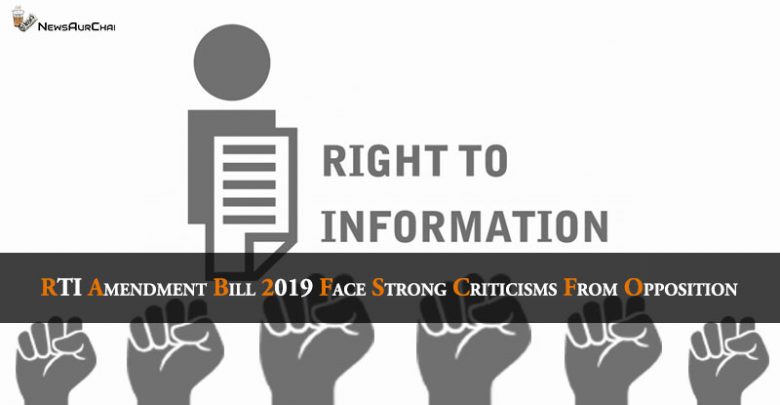
The right to have access to information is the very essence of fruitful democracy. The right to make a choice, the right to think, the right to express and the right to live with dignity all constitutes RTI.
Aim Of The RTI Act
The Act strengthens the citizen’s power to question the government and its functioning. It will also help the citizens to find loopholes regarding the same. Thus transparency and accountability are established since no piece of information is kept hidden.
The Right to Information officially took the path of legislation in 2005 and was passed by Parliament on June 15 in the same year as ‘RTI BILL’. The Act came into force on October 12 2005. It applies to all the Union Government of India, all its states and territories apart from Jammu & Kashmir
History Behind RTI ACT:
The bill evolved through many stages. It all started in the year 1994, when Mazdoor Kisan Shakti Sangathan, an organisation for worker’s rights, demanded the information about the development works. After a sustained campaign, the state of Rajasthan enacted the Right to Information Act in May 2000.
Meanwhile, instead of waiting for Central Legislation, many States have enacted their laws on the Right to Information (RTI ACT), such as Goa (1997), Tamil Nadu (1997), Rajasthan (2000), Maharashtra (2000), Karnataka (2000) and Delhi ( 2001).
In 2004, the UPA Government appointed a National Advisory Council for monitoring the implementation of the Government Schemes. They were also responsible for advising the government on policies and laws.
In 2004, RTI Bill was tabled in Parliament, but the civil society protested against the bill. They stated that most of the information required for the common man rest with the State Government. After many hassles and lobbying the Right to Information Act, 2005 was passed with 150 amendments.
New Amendments:
The Parliament passed the RTI Amendment Bill on July 25 2019. Amendments were made regarding the salaries and tenures of officials. Currently, the tenure is fixed at five years for each Commissioner. Now the Central Government will be responsible for appointing these officials.
The salaries, allowances and other terms of the service of the Chief Information Commissioner and the Information Commissioner’s will be as directed by the Central Government.
Apart from this, the clause about salary deduction was removed. RTI Act 2005 states that at the time of appointment of CIC and ICs if they are receiving a pension or any other retirement benefits for previous government service, their salaries will be reduced by an amount equal to the pension.
In other words, the transparency and accountability towards the people are shrinking. There is no precision regarding their tenure or compensation. Moreover, the independence of RTI authorities is diluted, as the government holds the autonomous power about their decisions.
In the Opinion of Oppositions
The new bill had to face many aggressive criticisms from all over the country. The Congress leaders marked this as the black day of democracy. They declared it as the ‘RTI Elimination Bill’ which aims at hampering the soul of democracy.
Manoj K. Jha, the prominent RJD leader, also pointed out the vague reasons behind this tragic step and said that ‘such a move would kill the spirit of Right to Information Act (RTI)’.
The pros and cons of every bill and every step is crucial to land and its citizens. However, this bill seems to be passed with some exception and thus, is attracting a lot of pessimistic views about it.





